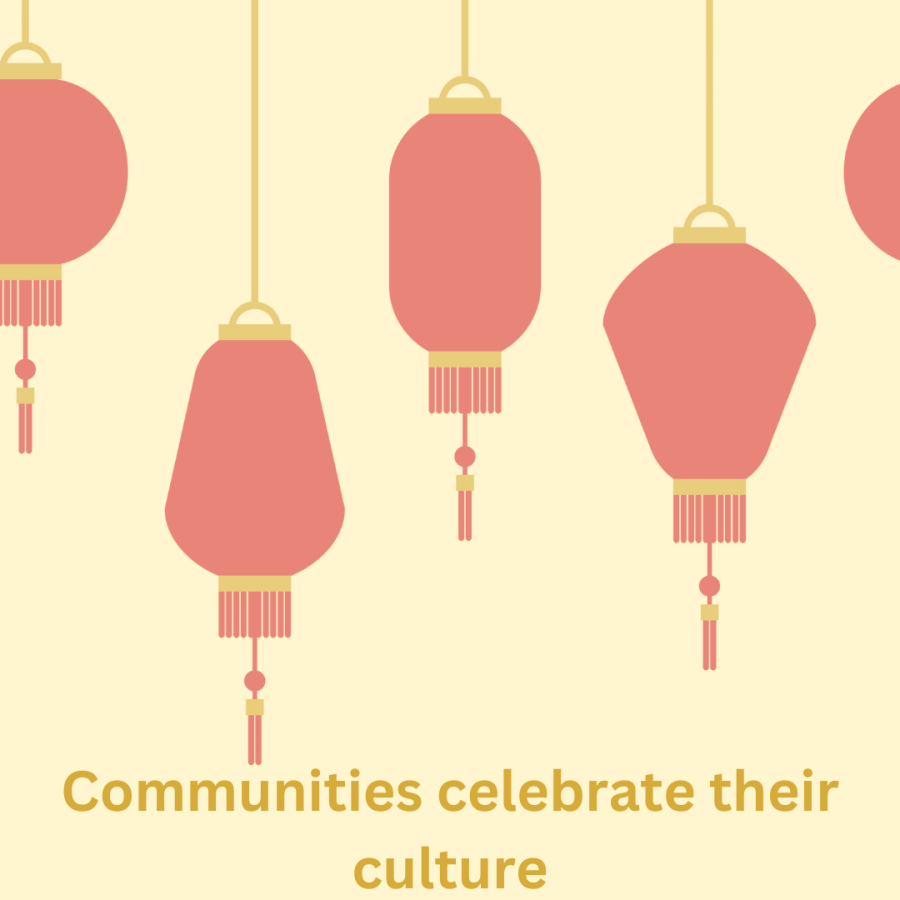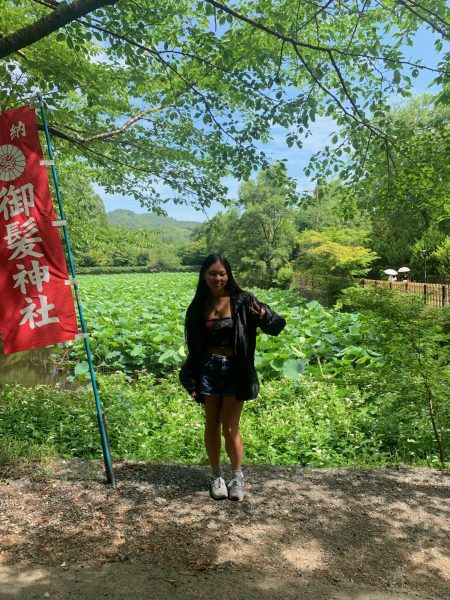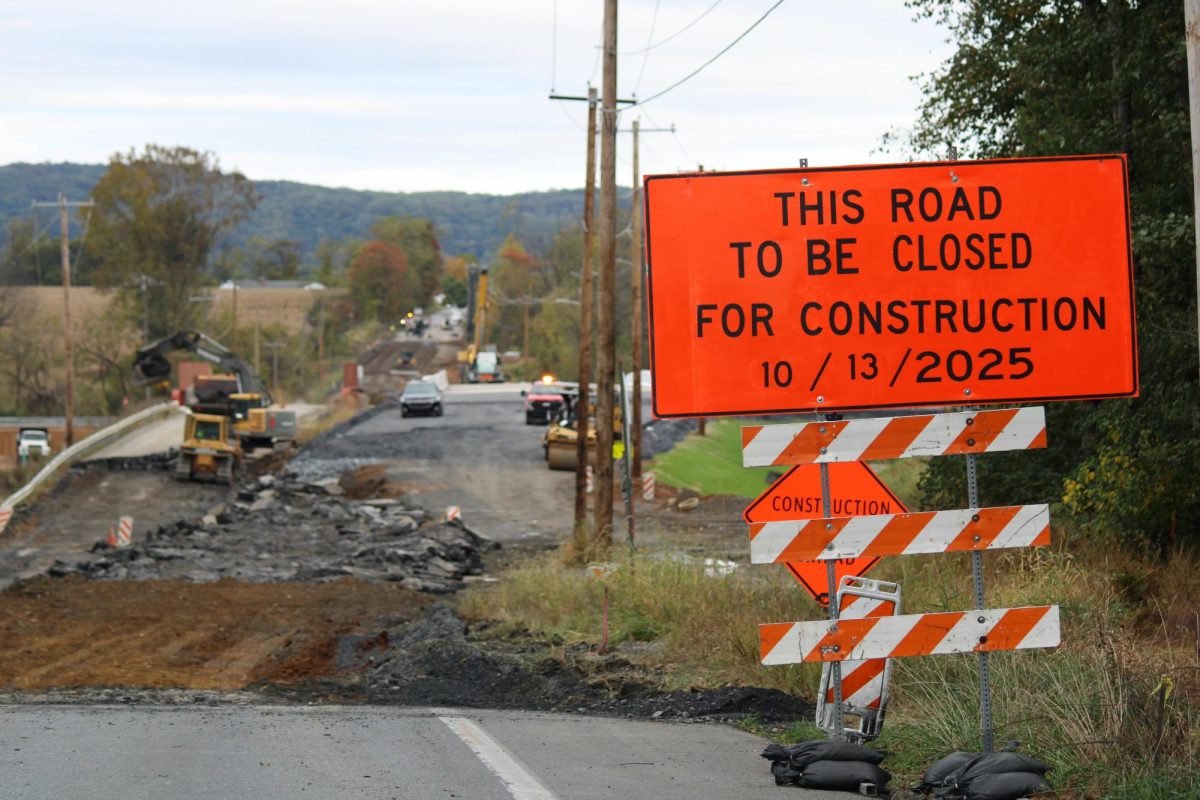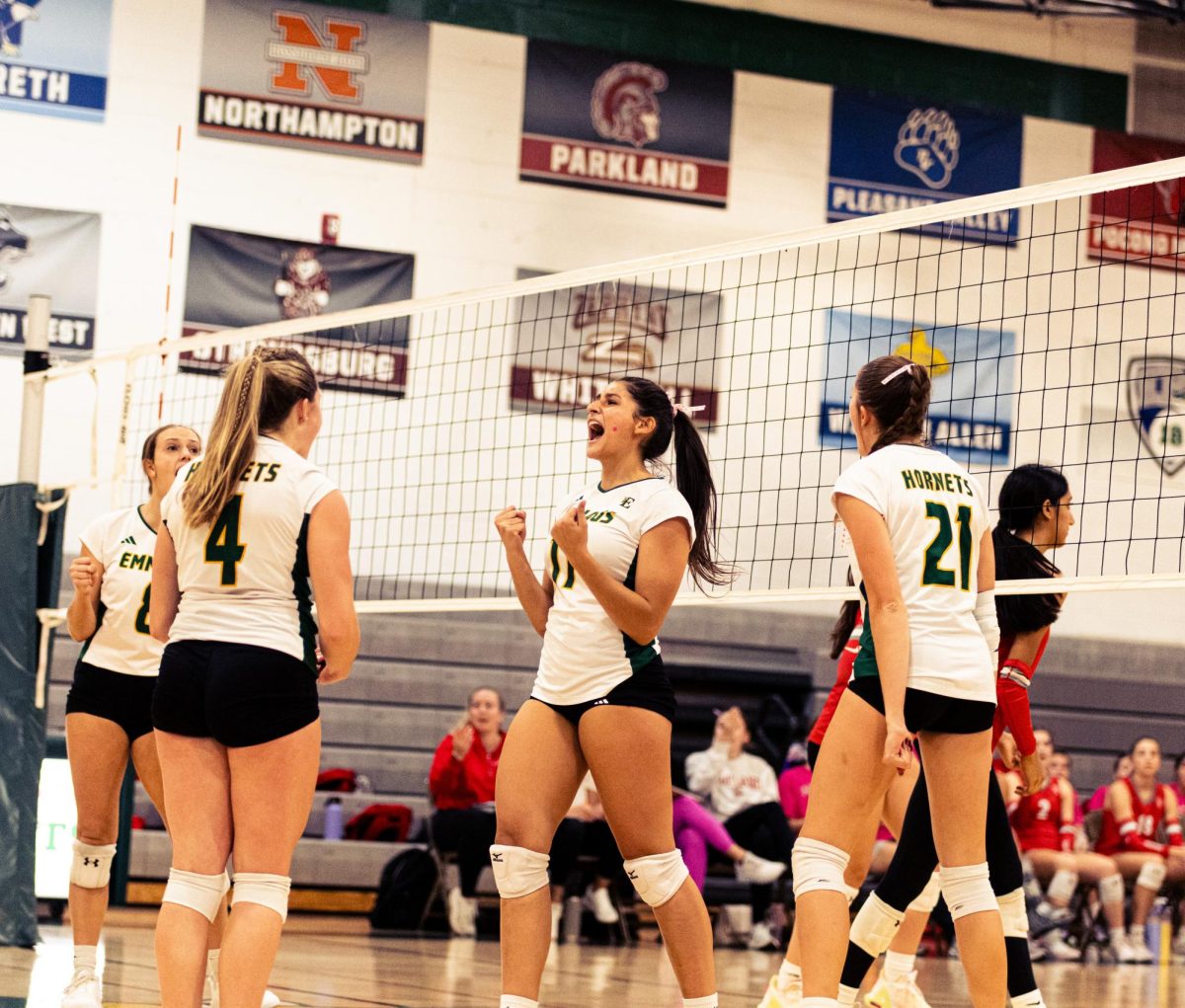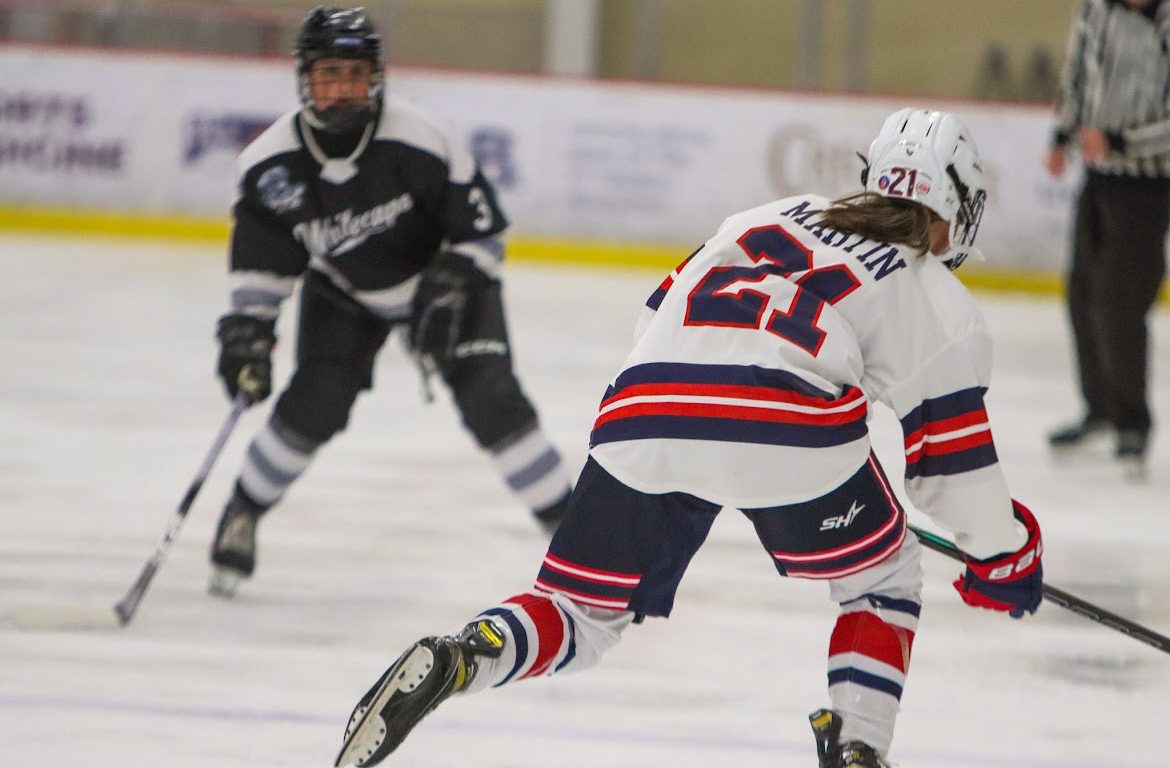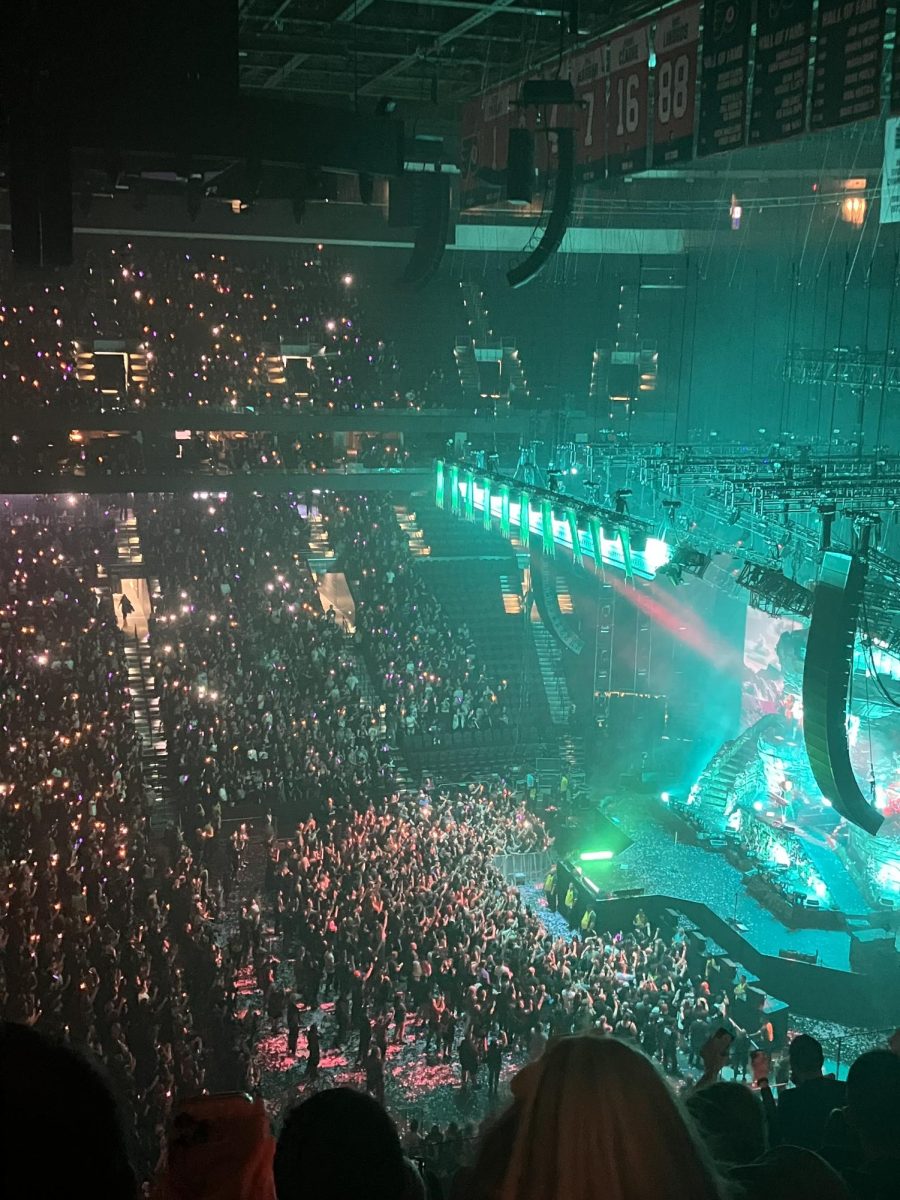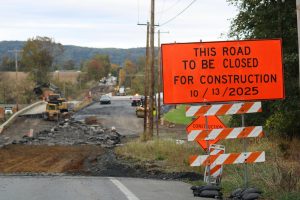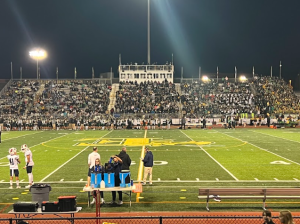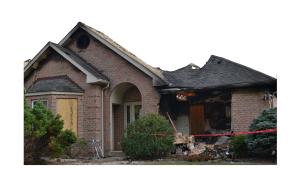Communities celebrate their culture
Mar 1, 2023
This previously ran in our February 2023 issue.
A cultural background is a crucial building block of one’s identity, a base from which people can safely grow and flourish in today’s diverse environment.
The U.S. is home to several ethnicities sparking a wide range of traditions and values that makes our country incredibly diverse.
Coming from Mexico, Spanish teacher Isidro Figeuroa describes his experience being born in a tribe. Ever since a young age, Figeuroa has participated in every Mexican celebration and holiday and continues to since moving to the U.S., Figueroa grows milkweeds at home to attract butterflies to resemble the migration of them over his tribe in Mexico, where locals believe they are spirits of the dead. Appreciating his heritage through food, music, and celebrations creates a feeling of home.
“They’re a part of me; if I don’t do these things, I’m not really me,” said Figeuroa.
Another Latin American country, Guatemala, is home to a large population of Mayan people. Growing up in Guatemala, Spanish teacher William Montepeque explains what he had learned from being mixed.
“I had a lot more access to different things,” Montepeque said.
Mayan people, native to Guatemala, are kept in horrible conditions from the people in power. After learning about the treatment Mayans experience, every time Montepeque travels to Guatemala, he helps where he can
“I try to make small changes [and] help out at local small businesses,” Montepeque said.
The beauty of Mayan culture is also brought up by Montepeque. Clothing is intricately woven in backstrap looms. Corn is a major part of the Mayan diet. Kernels are grinded and used to make tortillas, where they’re eaten with almost every meal.
Each aspect of Mayan culture, “I’m proud of,” Montepeque said.
Originating across the world in the Philippines, sophomore Annamarie Paulino also expresses pride for her family roots.
“We have debuts for girls who turn 18,” says Paulino, of which she will get one herself.
Other than debuts, Paulino celebrates Christmas in grand parties with other Filipinos.
“That time of the year gets the Filipino community together,” said Paulino. “These parties have gotten so large to the point that we might have a parade in New Jersey.”
Soon after is Three Kings’ Day. Freshman Amanda Rivera describes the holiday as a second Christmas. Three Kings’ Day is a time of gift giving and commemoration for the baptism of Jesus. This second Christmas is celebrated throughout Latin and South America.
Specifically being Puerto Rican, Rivera also mentions their way of life.
“Everyone does what they want to do and stand out; it makes me different,” says Rivera. Apart from individuality, the family aspect of Puerto Rico keeps tradition alive. One of Rivera’s favorite foods, chicken with rice mofado, has been passed down from her grandmother to mother.
At the end of January during Lunar New Year, to honor the arrival of the new year on the lunisolar calendar, junior Henry Stewart celebrates with his Vietnamese side of the family.
“I help my grandparents go to temple,” says Stewart. Stewart believes that celebrating Lunar New Year and being around other Vietnamese people brings a sense of unity.
Latin teacher Melissa Newcomer says being around other Pennsylvanian Dutch people also creates a sense of unity.
“Seeing and talking to other [Pennsylvanian Dutch] people gives a sense of comradery,” says Newcomer.
Since Pennsylvania Dutch is such a local and small community, Newcomer feels that that side of her background is explored and enjoyed the most.
Cultural backgrounds differentiates every person. Every street in our country is walked on by people of all origins. Each state contains unique communities which act as safe spaces for different cultures.
For many, however, these safe cultural places are being taken away. Those in Philadelphia are protesting against the proposal of a new 76er’s stadium. The stadium will neighbor Chinatown and stand on Market Street, which owners of the proposal claim is a “dead zone.” Construction will start in the next year and finish in the next decade, and owners of the proposal say the stadium will bring life into Market East.
Residents of Chinatown think otherwise. Activist groups have been protesting since the stadium’s proposal in July of last year.
Altering the way people observe their heritage, changes how one lives their life. One of the main reasons behind how people carry themselves is because of their ethnic backgrounds. Removing the bridge between a person and their heritage is virtually restricting them of their potential.
Chinatown is a small community that is at risk of permanently changing. Not only will the construction of the stadium bring physical change, the lives of the residents will change too. For many residents, a large part of their identities is seen through their interactions with the community. If the people are protesting for the protection of their community that has thrived for over a century, their cries should be listened to.


